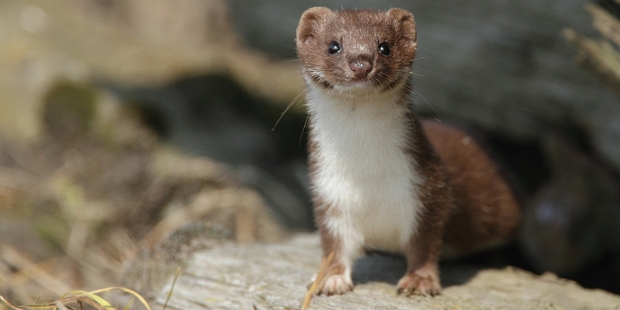More than 22,300 potential killers were themselves killed in community and Department of Conservation pest control projects last year – not counting the ones that crawled away to die and were never found.
The staggering results were revealed in the first New Zealand data collation of its kind, carried out by Kiwi Coast, a project helping to establish a safe kiwi habitat in eastern Northland.
In total in 2013, conservation projects trapped or poisoned 11,999 rats, 8997 possums, 647 stoats and 657 rabbits between Bream Head and Whangaroa, in an area roughly 150,000 hectares.
Kiwi Coast co-ordinator Ngaire Tyson said the impact of that eradication will be far higher as most of the data was from trap catches, while many community-led conservation projects also use poison.
“In addition, one ferret kill was reported by Hupara Landcare north of Moerewa. As ferrets can quickly destroy local kiwi populations, this was a vital catch.”
Ms Tyson said the collation of the data demonstrated the collective animal pest control efforts of many local volunteer conservation projects.
“Bringing all the results together shows the huge amount of effort that Northlanders are putting into removing predators and pests along the Kiwi Coast. The Kiwi Coast project is all about working together to help kiwi and other native species thrive and these results show that we are actually out there, doing that, every day.”
More than 30 community conservation groups between Bream Head and Whangaroa shared their pest control results to create the recorded totals.
This is the first year of operation for Kiwi Coast which is a pilot project of a larger landscape programme, Reconnecting Northland.
Reconnecting Northland programme manager David Mules said it was a fresh approach to ecological restoration, and looked at the wellbeing of the environment and communities as a whole.
“Our goal is to help link people together, along with their knowledge and resources, so that we are working collectively in partnerships, rather than as individuals or groups or agencies in isolation,” Mr Mules said.
The implementation of the programme is being led by WWF-New Zealand and the NZ Landcare Trust.
By Lindy Laird



